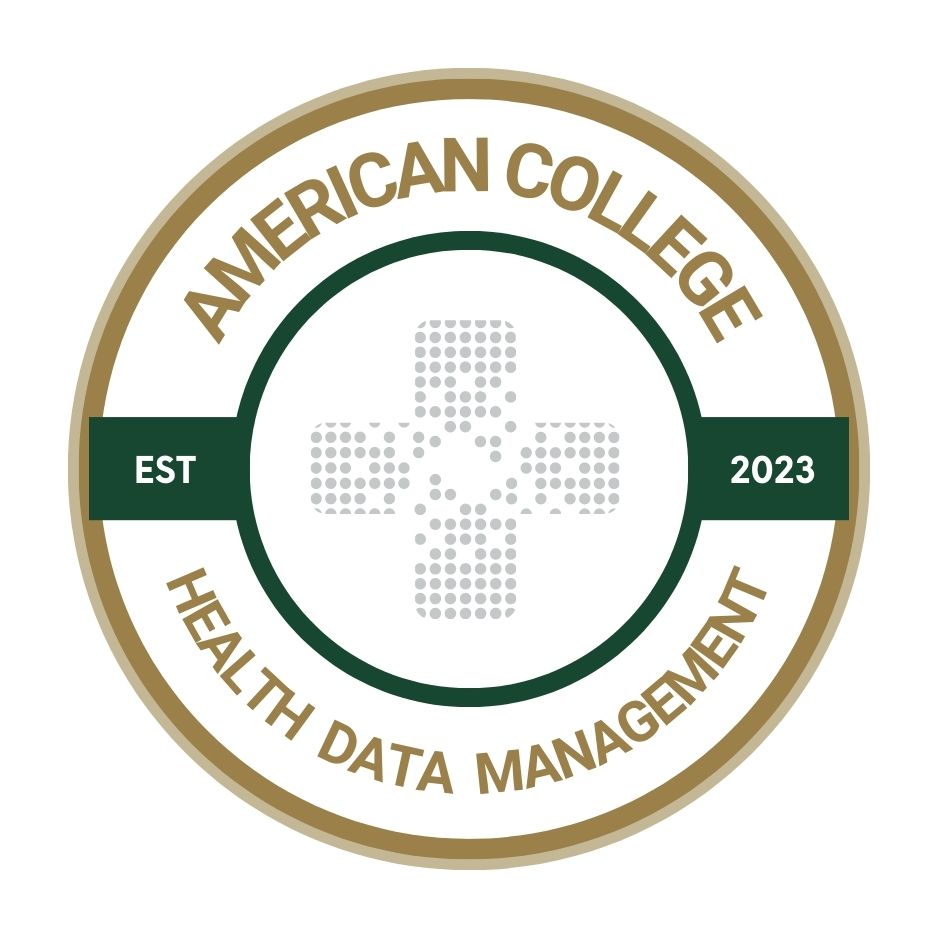Revolutionizing RCM: Building a 2024 vision for hospitals
As provider organizations face rising financial pressure, they will be looking to improve revenue cycle management with advanced integration and other strategies.

As we stand at the beginning of 2024, it's evident that hospitals are entering a transformative era in revenue cycle management. The healthcare landscape is evolving rapidly, driven by technological advances and changing patient expectations.
In light of this, here are some emerging trends and innovations that are set to redefine revenue cycle management (RCM) in hospitals this next year.
Advanced technology integration
The integration of sophisticated software and automation is at the forefront of RCM evolution. The days of manual processes are giving way to systems that enhance efficiency and accuracy, echoing a paradigm shift in healthcare operations. Electronic health records systems (EHRs), integrated with advanced billing and coding software, are not just digital repositories but strategic tools that minimize errors and streamline reimbursement processes.
Automation is key, offering a solution to repetitive tasks such as eligibility checks and claims submission. This not only frees up valuable human resources but also ensures quicker and more accurate payment cycles. Additionally, real-time analytics are providing hospital administrators with unprecedented insights into their financial operations, enabling proactive management and strategic decision-making.
Patient experience is a central pillar
In 2024, the patient financial experience will be a central focus. Patients today are demanding transparency and convenience in billing, mirroring broader consumer trends.
Hospitals are responding by implementing patient-centric technologies that offer accurate cost estimates, straightforward billing and flexible payment options. This shift not only enhances patient satisfaction but also accelerates the revenue cycle by simplifying payment processes.
Improved coding practices, analytics
Another critical area is the enhancement of coding accuracy. Accurate coding is fundamental to ensuring appropriate reimbursement and compliance. Hospitals are investing in continuous training for coding professionals and leveraging EHR capabilities to ensure accuracy and compliance. Regular audits and feedback mechanisms are becoming standard practice, enhancing overall revenue integrity.
In addition, data analytics and predictive modeling are becoming indispensable in RCM. By analyzing vast datasets, hospitals can identify financial risks, optimize revenue streams and predict future trends. These tools not only improve financial forecasting but also enable hospitals to adapt to changing reimbursement models and regulatory landscapes.
Challenges of regulations, revenue integrity
Staying abreast of evolving healthcare regulations is more critical than ever. Hospitals are establishing robust systems to monitor and implement regulatory changes, ensuring compliance and avoiding financial penalties. This proactive stance is fundamental to maintaining a healthy revenue cycle in a complex regulatory environment.
The fight against fraud, waste and abuse is intensifying. Hospitals are utilizing data analytics and technology to detect and prevent fraudulent activities, safeguarding their financial health. This includes educating staff on compliance and collaborating with regulatory bodies to stay ahead of emerging fraud schemes.
The role of trained, engaged staff in achieving success in RCM cannot be overstated. Hospitals are focusing on comprehensive training programs and fostering a culture of engagement. This includes leveraging technology to reduce workloads and improve job satisfaction, ultimately leading to better financial management and patient care.
Strong payer relationships
In 2024, collaborative relationships with insurance companies will be more important than ever. These partnerships are crucial for streamlining the claims process, negotiating favorable contracts and adapting to payer policy changes. Such collaborations are integral to optimizing reimbursements and reducing administrative burdens.
As we enter 2024, it’s clear that hospitals must adopt a proactive, technology-driven approach to RCM. This encompasses not just technological advancements but also a focus on patient experience, staff engagement and regulatory compliance.
By embracing these trends, hospitals can secure their financial stability while continuing to provide exemplary patient care. In this transformative era, hospitals that adapt, innovate and stay ahead of these trends will not only survive but thrive in the ever-evolving landscape of healthcare.
Christopher Kunney, FACHDM, CPHIMS, MSMOT, is a senior level HIT executive and strategist.
